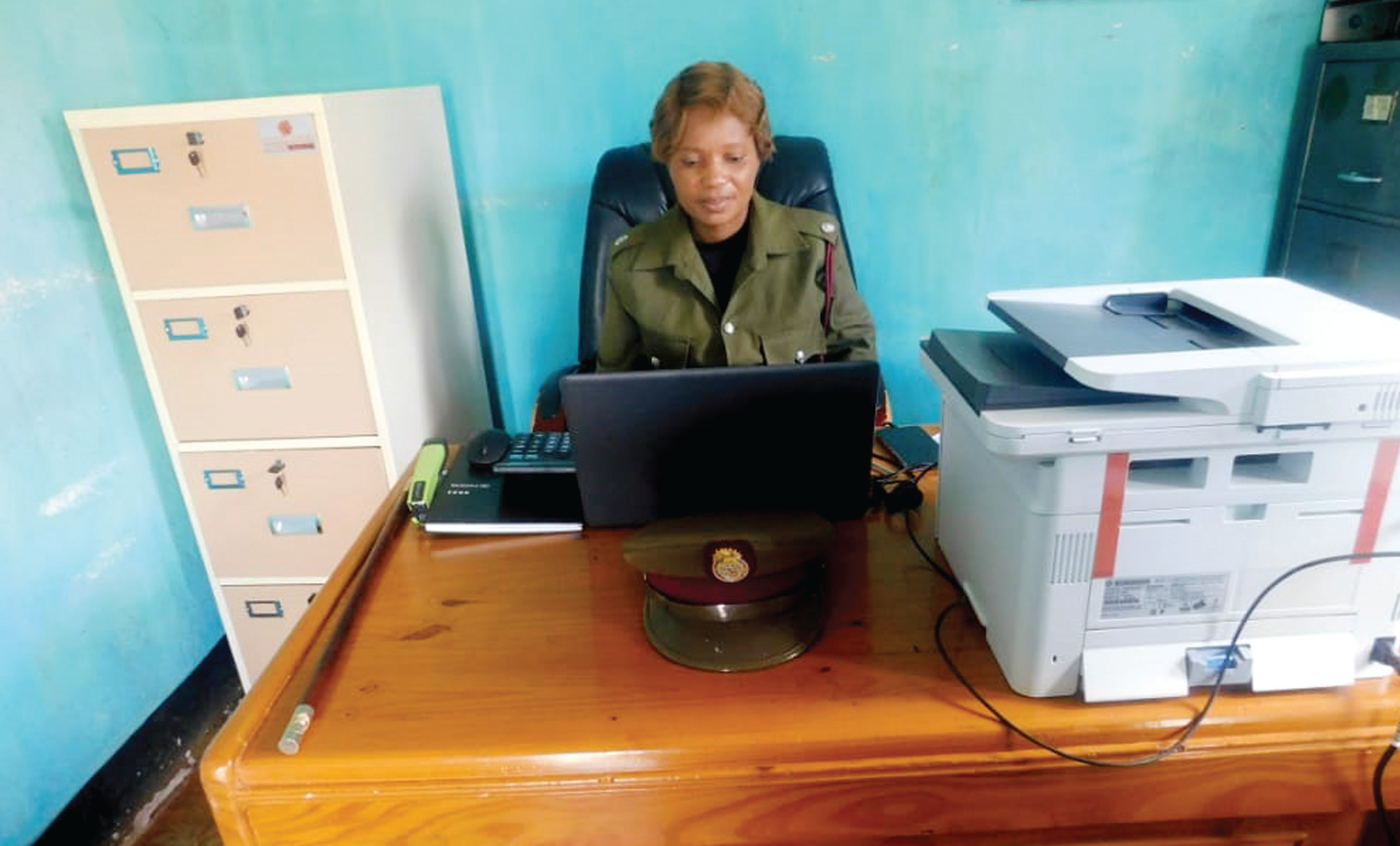Swollen anus
Question: I have been experiencing painless bleeding during bowel movements as well as severe pain and swelling in my anal area. I can feel little bumps around my anus and do not know what is causing this. Much as I am anxious to know, I am very embarrassed to approach my doctor with these symptoms.
Answer: Even though you will need to present to your doctor for a proper diagnosis and treatment, the symptoms you have wrote about point to haemorrhoids as being the possible cause of your discomfort.
According to www.mayoclinc.org, it is important to talk with a doctor about any rectal bleeding. While haemorrhoids generally don’t cause serious problems, other, more serious concerns, such as polyps, cancer or inflammatory bowel disease, can cause bleeding, too.
Hemorrhoids are blood-engorged veins in the lower rectum (anal canal) that form tiny sacs (anal cushions) when too much pressure is exerted on the veins serving the pelvic and rectal areas.
Increased pressure can result from straining during bowel movements, sitting on the toilet for an extended time, chronic diarrhea or constipation, obesity, lifting heavy objects, sitting or standing for long periods and pregnancy. Mild pain, swelling and inflammation from hemorrhoids often can be managed with self-care measures. Options include:
Topical over-the-counter remedies: Nonprescription haemorrhoid creams, suppositories containing hydrocortisone or pads containing witch hazel or a topical numbing agent may provide relief. They shouldn’t be used longer than a week unless directed by a doctor.
Cleanliness in anal area: Taking a warm sitz bath(A bath where you sit in warm water that covers the buttocks and hips. Sitting in warm water allows more blood to reach the impacted area, promoting healing and helping with any discomfort) several times a day can be helpful. This can be done in a regular bathtub or using a plastic tub that fits over the toilet.
Swelling relief: Ice packs or cold compresses on the anus can relieve swelling.
Pain relievers: Nonprescription pain relievers such as acetaminophen (Tylenol, others), or ibuprofen (Advil, Motrin IB, others) may provide relief.
Hydration and fibre: Softening and bulking up stool for easier passage is helpful. Strategies include drinking six to eight glasses of water or other nonalcoholic beverages daily, eating high-fibre foods, and taking fibre supplements.
In addition, it’s best to head for the bathroom when the urge occurs and to avoid straining or breath-holding when passing stools, as this strains the veins in the lower rectum.
When self-care measures don’t work, a doctor can discuss several minimally invasive surgical procedures for consideration.





